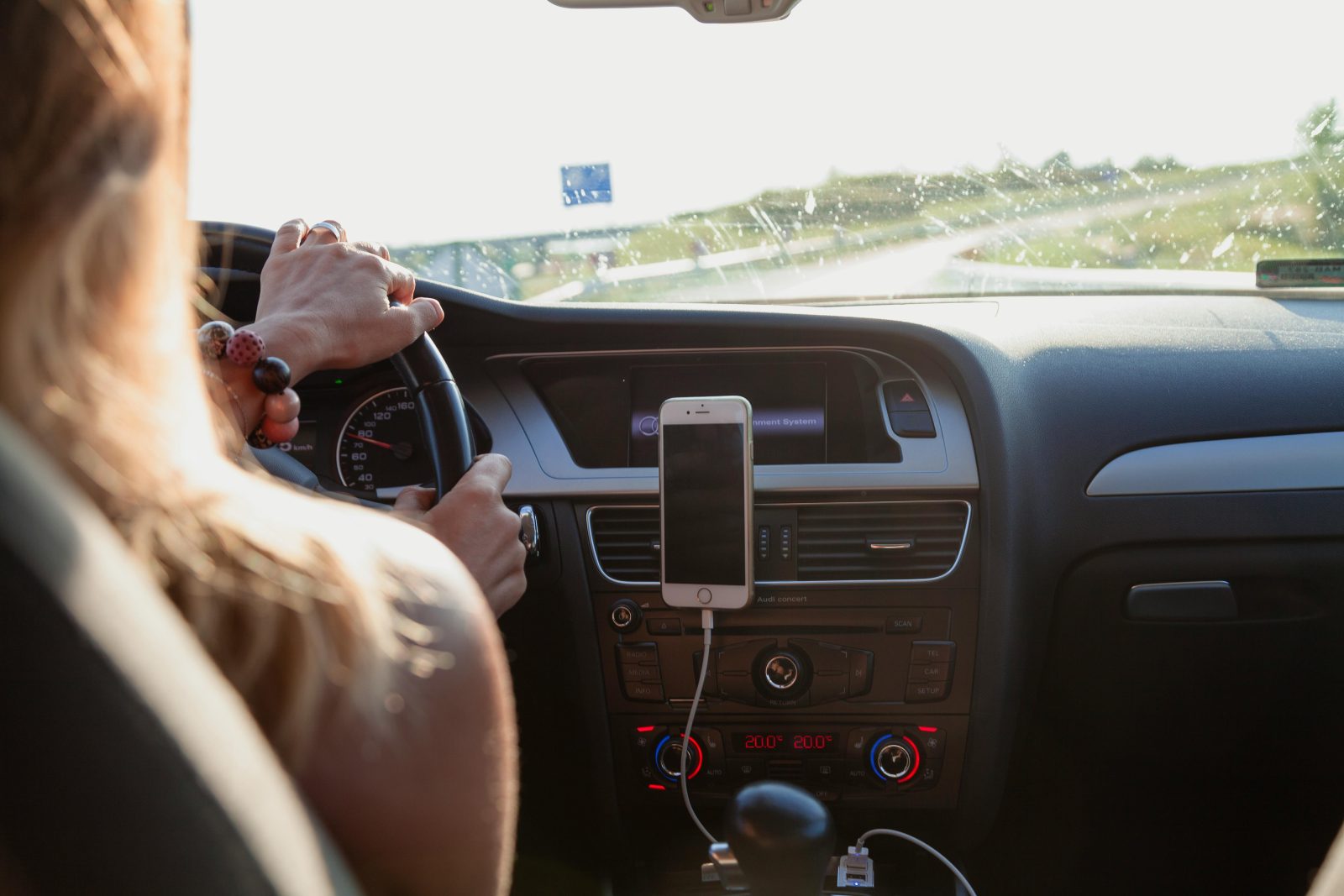
Best European travel tips to keep you safe and sound
Europe is one of the world’s developed economies, with Germany, France, and Italy renowned for their cultural contributions. Salaries flourish, tourism expands continuously, and cities are always hubs for locals and tourists. Hence, we can say that overall, safety levels in Europe are pretty high, but that’s not always the case.
Managing famous and overcrowded cities can be difficult even for the most organised government, especially since some people can easily exploit confused tourists. That’s why pickpocketing happens in places like Italy’s Colosseum.
However, this is only one of Europe’s problems. Countries like Bulgaria are dangerous when it comes to road accident exposure. At the same time, the risks of being in the middle of a natural disaster can happen everywhere, from Le Havre in France to Gand in Belgium.
Therefore, depending on the country you’ve chosen to visit, researching its dangers is essential for avoiding problems overseas. Here’s our brief recommendation list of safety tips.
Image Source: https://unsplash.com/photos/concrete-buildings-beside-white-cruise-ship-dBtWLliLt5k
Drive slowly
While American highways tend to be faster and will take you anywhere with a filled-up gas tank, things are more complicated in Europe due to the poor infrastructure. Indeed, driving in Germany is on a level other than Romania, so Europe has different degrees of infrastructure quality. However, some countries are considerably dangerous for any type of driver.
Numerous car accidents occur on rural roads, which haven’t been improved in the past few years, with urban roads closely following the risk intake. Passengers, drivers, and motorcycle riders are at the top of the list regarding vulnerable individuals, so you must pay attention to your surroundings when driving or walking. Still, if you’ve been the victim of a road traffic accident and the legislation permits it, you can search for a guide on how to sue for compensation in the case of severe injuries.
Protect yourself from pickpockets
Popular European countries offer unique travel destinations, but they’re often the perfect hub for thieves to roam around freely. Here’s what tourist hotspots are the most dangerous in a few top-visited countries:
- Italy: Colosseum, Duomo di Milano, Gallerie Degli Uffizi;
- France: Musée d’Orsay, Eiffel Tower, Arc de Triomphe;
- Spain: Basilica de la Sagrada Familia, Plaza Mayor, Madrid;
- Germany: Brandenburg Gate, Reichstag Building, Marienplatz;
So, when traveling to one of these countries, it’s best to carry your valuables purse or backpack in the front, where you can easily access and see it. You can invest in pickpocket-proof clothes and supplies if necessary, but it’s best to be on your toes with your belongings. At the same time, avoid showing them off too many times because you might be one of the targets among the population to be discreet.
Take care of your health
Although Europe aims to be one of the least polluting continents, with countries like Finland, Sweden, and Denmark acing the SDG rankings, other parts of the continent are not performing that well. If you’re visiting Athens, Belgrade, or Bucharest, you’ll be surprised at how poor the air quality is, so if you’re suffering from or prone to lung diseases, asthma, and respiratory infections, you must prepare.
Luckily, you can check the Air Quality Index before leaving the house so you know whether to stay inside or decide to wear a mask that can filter out the most damaging particles in the air. Experts also recommend keeping windows and doors shut to keep your apartment pollution-free and exercising indoors. Finally, being in such an environment can affect your immunity, so introduce superfoods in your diet to boost your health. Fruits, vegetables, and healthy fats can protect you.
Be wary of heatwaves
As we’re already going towards the middle of the summer, temperatures get higher by the day, as 2023 was the warmest year on record in Europe. Malta, Athens, and Rome are the hottest cities, and summer temperatures can be pretty dangerous for vulnerable individuals. Heatstroke is nothing to joke about, so here’s what you should do to protect yourself from extreme heatwaves.
While you may want to enjoy your trip, sometimes it is best to stay indoors, especially in the afternoon, when UV radiation is the most dangerous. You could spend your time in a library, café, or museum or at least shorten the distance from the places you want to visit. When you’re outside, always wear protective sunglasses, a hat, or even an umbrella to block sun rays from affecting you. Wear lightweight and loose-fitting clothes, and you’re good to go!
Stay informed on natural disasters
Natural disasters include anything from an earthquake to a forest fire, and Europe has a palette of such events. For example, a similar event occurred in Turkey when a deadly earthquake was accounted for as the worst natural disaster in the past 100 years in Europe.
According to Statista, weather-related disaster incidents in Europe mostly involve storms, extreme temperatures, and floods. Countries like the Netherlands and Belgium have experienced deadly floods in recent years, while the Mediterranean is exposed to challenging wildfires.
While there’s not much you can do when a sudden disaster happens other than find shelter, you could research the country’s weather and season when these events are peaking. For example, floods happen primarily at the start of July, especially in countries like Belgium and Germany. On the other hand, the heatwaves of Southern Europe are the worst in July as well, while the peak season of storms starts in August and lasts until October. Hence, travelling to Europe in June or at the beginning of Autumn might be best to avoid such events.
What’s your favourite European destination?
Europe is an impressive continent whose history and culture are appreciated by tourists from around the entire world. It offers unique travel spots, cuisine, and experiences, so many people choose Italy, Spain, or Germany as vacation spots. But despite their value, European countries can be pretty risky for visitors, especially considering the high number of pickpockets in famous places, the extreme temperatures, and poor road conditions. Therefore, before planning your trip here, research thoroughly to avoid ruining your holiday.






